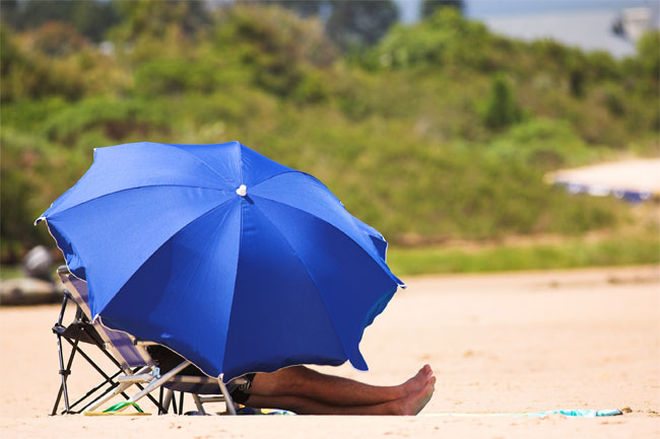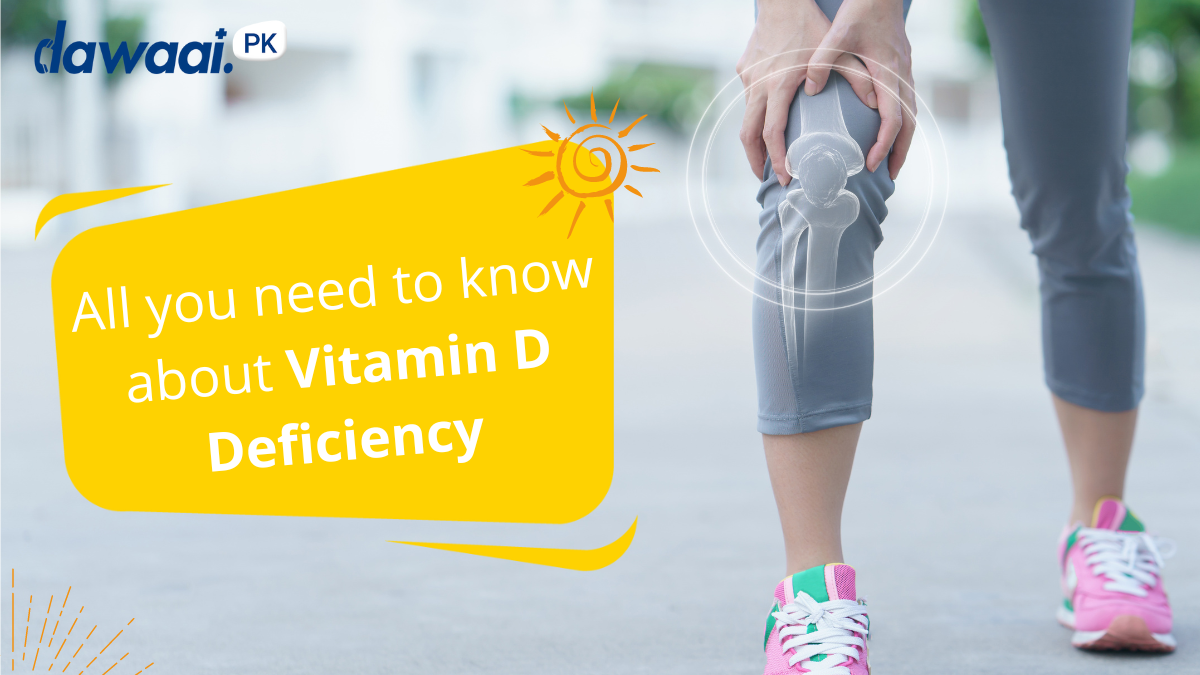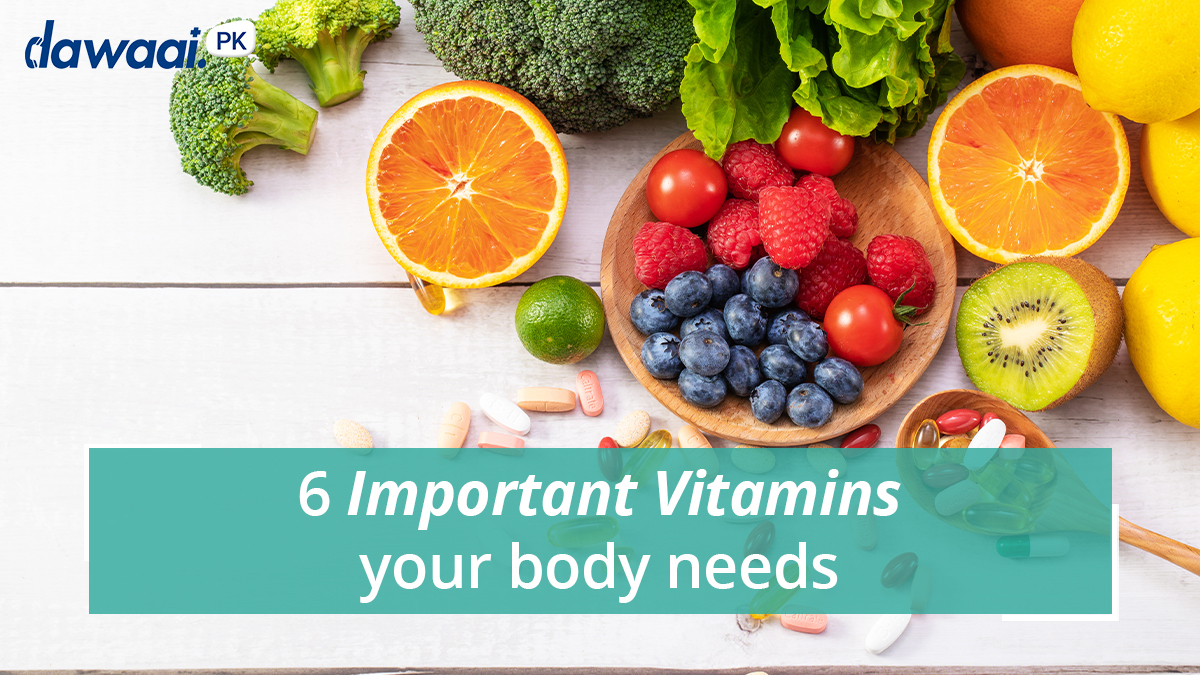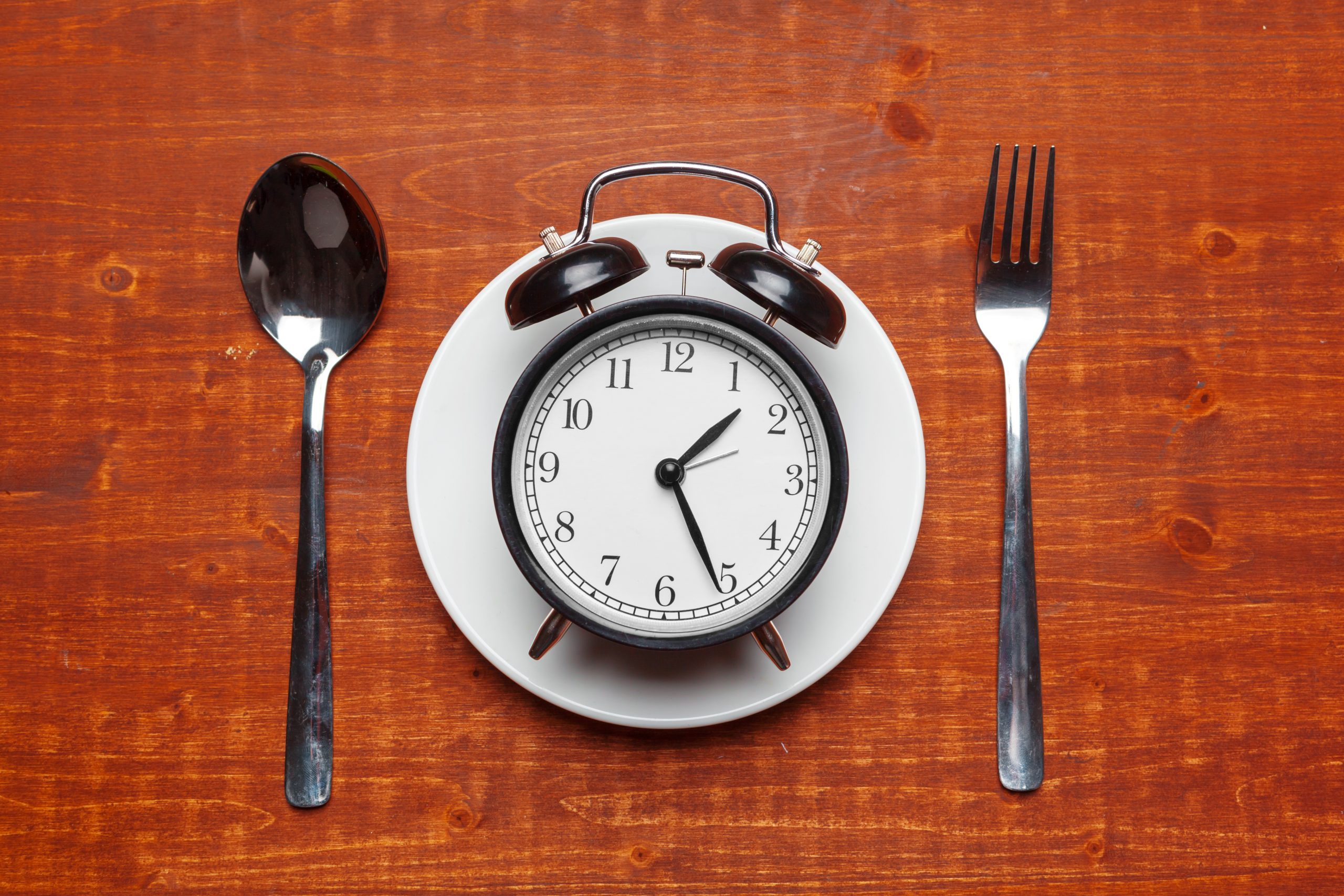Medically reviewed by Dr. Unsa Mohsin.
When our skin is exposed to sunlight, the complex compounds present in it combine with UV rays from the sunlight to create Vitamin D. This is the reason behind it being called “the sunshine vitamin”. However, it is important to note that sunlight can be harmful as well, especially from 10 am to 2 pm. For the production of Vitamin D, morning sun from 7 to 9 am is perfect. It can also be found in some foods such as oily fish, liver, egg yolk and red meat.

Another way to ensure that you’re getting enough of this mineral is to take Vitamin D supplements or those supplements that may have some proportion of Vitamin D in them.
Why do we need this vitamin?
The importance of vitamin D cannot be overstated. While its primary function is to ensure bone health through mineral absorption, it’s also necessary for maintaining overall cell growth – how they divide and multiply. Additionally, vitamin D also helps regulate our immune system, making us better able to fight diseases.
How can you tell if you’re deficient?
Here are some Vitamin D deficiency symptoms to look out for:
- Bone/muscle pain
- Loss in bone density
- Extreme fatigue
- Conditions like osteopenia and osteoporosis
Why might you be deficient?
You have limited exposure to sunlight – if you don’t have enough exposure to the sun, or cover yourself with thick and dark material that blocks the sunlight, chances are you may have low Vitamin D.
Sources of Vitamin D
- Being exposed to sun
- Nutritional supplements
- Foods you eat (Egg yolks, liver, red meat, cereals)

You have dark skin – the pigment responsible for making skin dark – melanin – reduces the skin’s ability to produce Vitamin D.
You don’t eat enough of the recommended foods – most sources of vitamin D are animal related such as red meat and egg yolk. If your diet is mainly vegetarian, you might have a lower level of it.

You’re overweight – those with a body mass index equal to or greater than 30 often have lower levels of Vitamin D.
What should you do?
There is no consensus on the level of Vitamin D needed for staying healthy; they differ depending on age and other health conditions. Therefore, its best to get it monitored yearly with your blood work. However, if you don’t spend time in the sun, cover yourself or have other health issues such as obesity, it is advisable to talk to your physician about taking a Vitamin D supplement.







